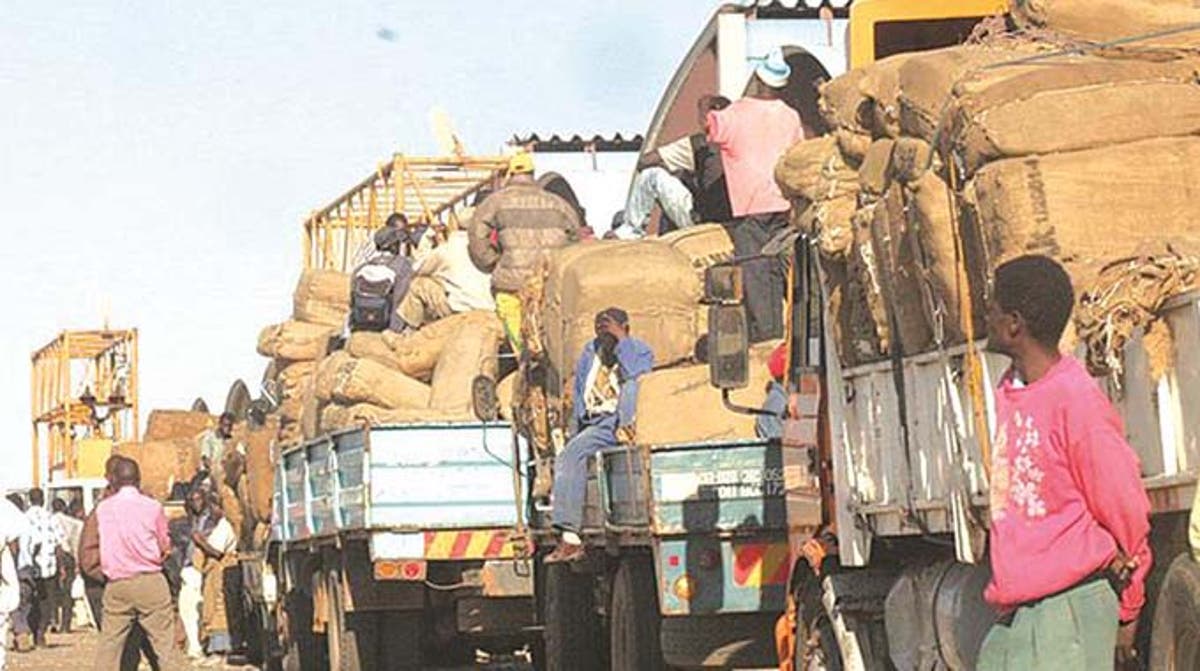Tobacco deliveries hit record levels
ZIMBABWE exported about US$407 million worth of tobacco during the first four-month of 2023, according to the latest statistics from the Reserve Bank of Zimbabwe (RBZ) while deliveries for the current marketing season hit record levels.
Ranked number two in terms of exports after gold, tobacco shipments amounted to US$407,1 million as of April 30, 2023, the central bank figures show, compared to about US$308 million by April 13, 2022.
Last year, Zimbabwe’s tobacco exports totalled US$968 million from US$575 million during the same prior year period.
Tobacco deliveries for the current season have reached a new record high after hitting nearly 260 million kg yesterday, breaching the previous all-time high of 253 million kg in 2020.
The deliveries represent a 55 percent increase compared to the same period last time, according to statistics from the Tobacco Industry and Marketing Board (TIMB).
Industry players said a combination of better prices and the decentralisation of the contract floors are among the reasons for the massive jump in deliveries.
The value of tobacco is at US$782 million, up 54 percent from US$729 million last year.
About 240,7 million kg were sold through contract while 18,3 million kilogramme were sold via auction.
“There was a big jump in deliveries through the auction system because of strict regulatory enforcement,” a field officer with the TIMB said. “The TIMB also made sure that self-funded tobacco is sold only at the auction market than the previous situations where some tobacco contractors would target the self-funded crop.”
Over the past few years, the auction system, which determines minimum grade prices for contract sales, has been falling with only 3 percent of the crop sold through auction last year.
Some industry players raised concerns over the potential collapse of the auction system, saying the dominance of contractors in the marketing of the “golden leaf” could see price manipulation in favor of the merchants, which would, in turn, frustrate tobacco farmers from growing this key commodity.
Zimbabwe’s tobacco auction system used to be the marketing model of tobacco in the world, but self-funded tobacco volumes have been shrinking as farmers, mostly smallholders, joined contract schemes because they lack collateral to obtain loans from the banks.
Prior to 2004, tobacco marketing was done exclusively through an auction system whereby producers mobilised the necessary cropping resources on their own and took their crop to an auction floor of their choice. However, in 2004, this system was changed after the introduction of the contract growing of tobacco.
Under the contract system, licensed tobacco buyers provide the inputs to the farmers, with the contractor—or the off-taker–guaranteeing to buy the tobacco contracted at prices (per grade) equal to or higher than those prevailing on the auction floors.
While Zimbabwe used to pride itself on a vibrant auction marketing system, the viability of tobacco farmers has, however, been seriously eroded as a result of the introduction of the dual marketing system now dominated by contract floors.
At its peak, the country produced 253 million kg. Under the Tobacco Value Chain Transformation strategy, the country seeks to increase tobacco output to 300 million kg by 2025, enhance value addition and beneficiation to around 30 percent through the production of cigarettes and grow the industry to US$5 billion by 2025.-herald











